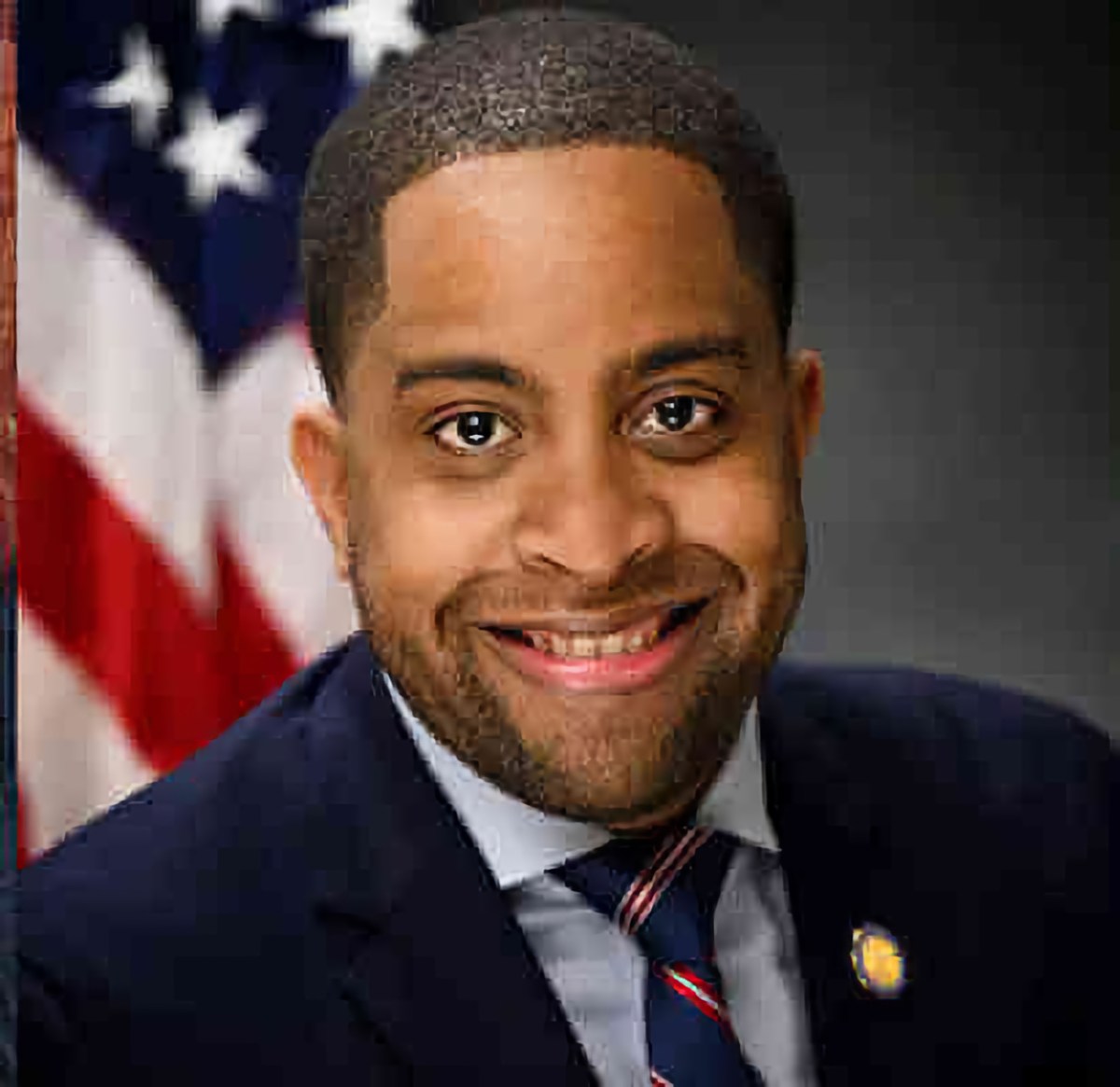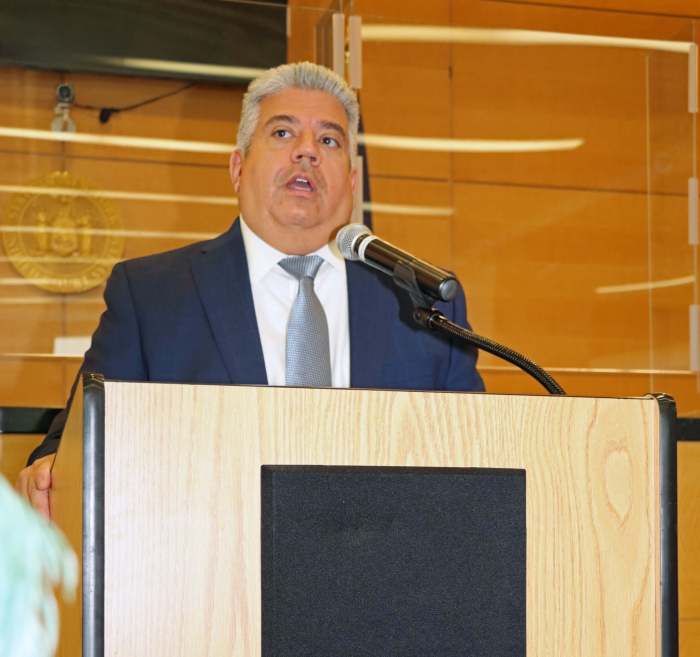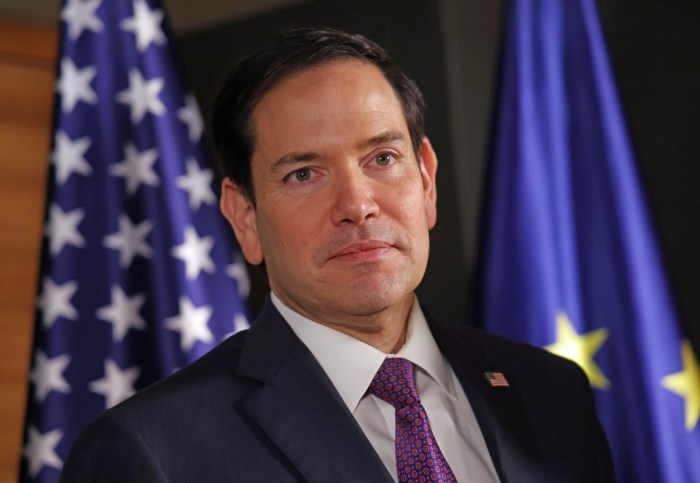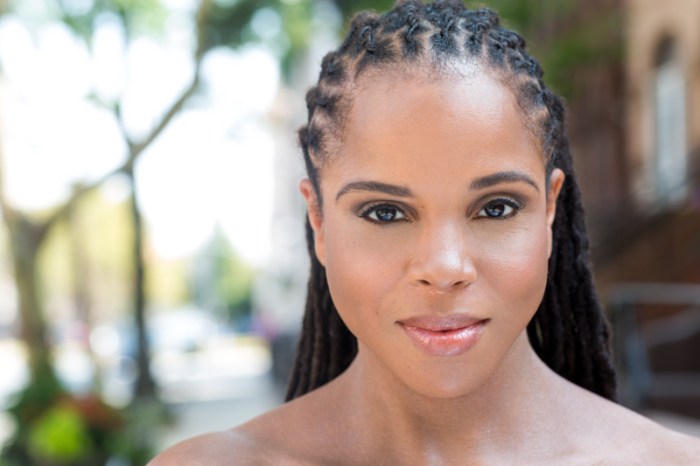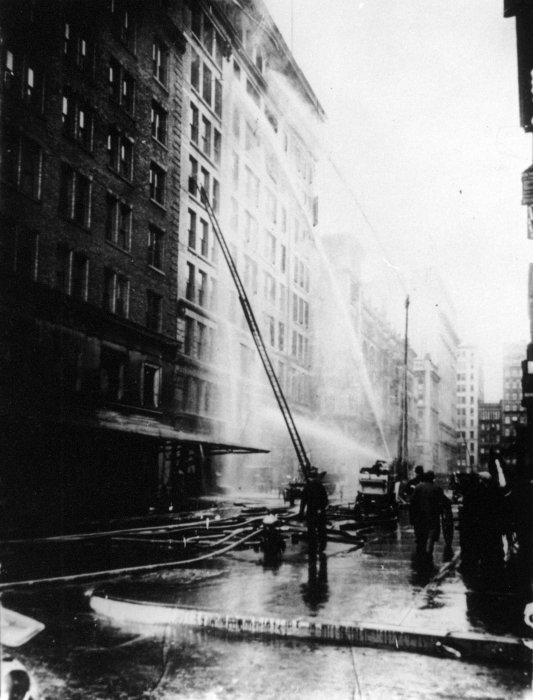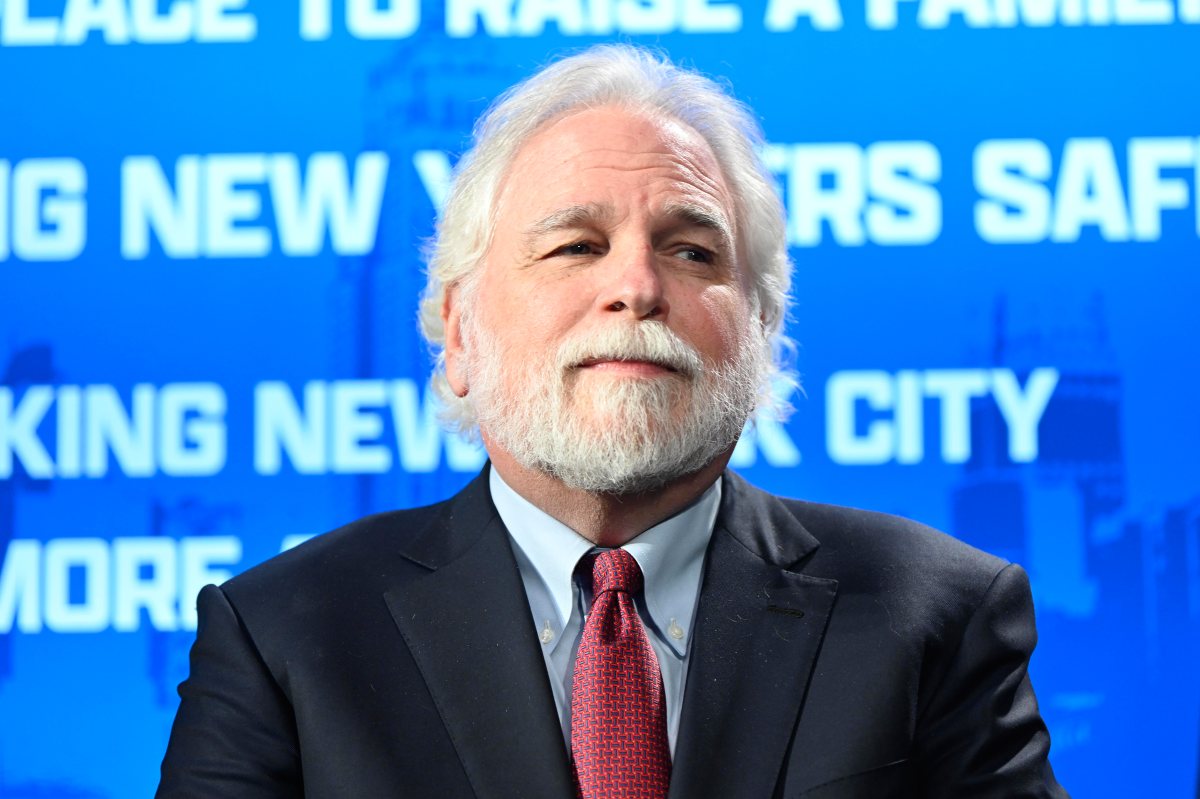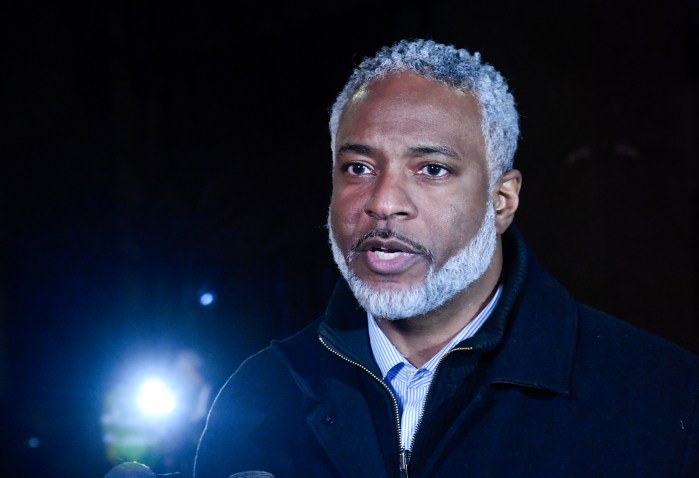Sen. Zellnor Y. Myrie (D-Central Brooklyn) said on Monday that he was “pleased” that this year’s State Budget delivers major victories for working New Yorkers and that he was “especially pleased” with the rejection of the SUNY-Downstate Hospital closure plan.
Myrie, whose grandmother hailed from Jamaica, noted that the final budget deal passed last weekend includes over $1 billion in aid for public schools, and takes historic first steps toward universal afterschool programming for every student and family that needs it.
“We’re taking bold action to address New York’s housing crisis by providing incentives to build more affordable housing in NYC and across the state, alongside strong protections for tenants and homeowners,” said Myrie, representative for the 20th Senate District in Brooklyn. “This budget includes new legislation to protect vulnerable homeowners targeted by Deed Theft and Good Cause eviction protections, to help keep tenants in their homes and while protecting them from undue rent increases.
“I am especially pleased that Central Brooklyn was heard, and that this budget rejects the SUNY-Downstate closure plan,” he added. “For the past four months, Central Brooklyn, along with allies from across the City and State, made it clear that this community opposes any plan to close SUNY-Downstate Medical Center and reduce access to healthcare where we need it most.
“Because the community fought back from day one, we will now have a year-long process to better determine Downstate’s future,” Myrie continued. “Mandatory public hearings with public notice will now be held under the leadership of a Community Advisory Board consisting of experts, workers, and community leaders.”
He said SUNY-Downstate will remain open and will receive over $300 million to implement recommendations of this Advisory Board.
Myrie said the Board will be legally required to solicit feedback from the public, experts, labor unions, community organizations, health departments, and other interested parties.
Additionally, he said the Board will be required to examine healthcare delivery service trends, financials for Downstate hospital and campus, building infrastructure and capital needs, community healthcare service needs, outcomes, and disparities, efficiency of operations and quality of healthcare services at Downstate, and training needs for students, including employment outcomes.
Myrie said this model mirrors the bill he introduced two months ago, as well as a bill unanimously passed in the State Senate, 62-0, last year.
“I am proud to have used every tool we had to fight alongside my community to not just save Downstate, but put it on a path to thrive,” he said.
Assemblyman Brian Cunningham, the son of a Jamaican-born immigrant mother, said: “For months, I have been adamant that SUNY Downstate remain open and fully operational at its existing location.
“I am pleased to report that the budget includes $200 million to ensure that the hospital can continue providing life-saving care that so many of our neighbors rely on,” said the representative for the 43rd Assembly District in Brooklyn. “I also secured $300 million in capital funding to fuel repairs, infrastructure upgrades, and expansion in the longer term.
“The need for truly affordable housing in New York has reached a fever pitch, especially in District 43. This budget ushers in a new, comprehensive housing plan that will spur the development of affordable housing while providing robust tenant protections to help New Yorkers remain in their homes,” Cunningham added.
“No State budget is perfect, but this is a strong, fiscally responsible budget that will do a lot of good for our families,” he continued. “I want to thank our Speaker, Carl Heastie, the Chair of Assembly’s Ways and Means, Helene Weinstein, all Committee Chairs, and their incredible staff for their hard work.”
Sen. Roxaane Persaud, the Guyanese-born representative for the 19th Senate District in Brooklyn, noted that the state budget supports various government operations and local assistance programs, including public safety, K-12 education, public higher education, critical social safety nets, Medicaid and housing programs.
“I voted to support the budget because of the hard-fought-for items included, such as funding for our schools, parks, seniors, youth services, and hospitals, to list a few,” she said.
“I was not pleased with the entire budget, but no one ever is, and whether you agree or not with the final budget, know that I will continue to advocate for the issues that remain my priority for the constituents of Senate District 19,” Persaud added.
New York City Council Member Crystal Hudson, representative for the 35th Council District, whose grandmother hailed from Jamaica, said there were “a couple of big items” in the State Budget “that will directly affect many of our neighbors, including Good Cause Eviction legislation.
“The law that was passed by the state legislature is imperfect. It has too many carve outs and conditions, but it’s a start,” she said. “And it will certainly have a positive impact on thousands of tenants across the city, including in our district. The Good Cause Eviction law is effective immediately across the five boroughs.”
On Monday, Gov. Kathy Hochul noted the “historic investments” of FY 2025 New York State Budget.
She said the budget “makes record investments in the people of New York without raising income taxes,” and includes “hundreds of new initiatives that will help fight crime, fix our mental health system, and build more housing so people can afford to live and thrive in New York.
“We are delivering a common-sense agenda that makes New York safer and more affordable,” Hochul said. “I promised to fight for New Yorkers and tackle the thorny issues, and that’s exactly what we’ve done.”
She said the FY 2025 Budget “makes record investments in the people of New York while maintaining fiscal responsibility.”
The governor said all funds spending is $237 billion, growing at one percent year-to-year.
She said the FY 2025 budget does not raise income or statewide business taxes and maintains state reserves at the gold standard of 15 percent for a “rainy day.”
She said the budget addresses New York’s housing crisis by increasing the housing supply, promoting affordability, strengthening protections for New York renters and homeowners, and combatting bias and discrimination in housing.
“The budget makes major investments and reforms to improve public safety, crack down on organized retail theft, combat the rising tide of hate crimes, prevent gun violence and domestic violence, and reduce recidivism and improve reentry for formerly incarcerated individuals across New York State,” Hochul said.


